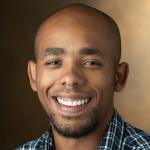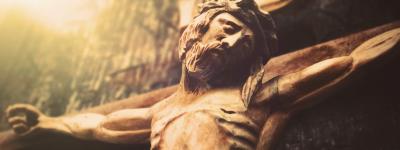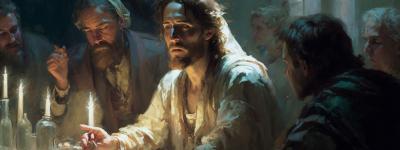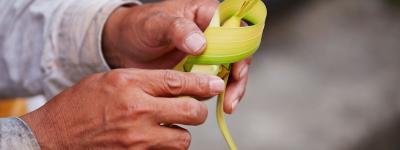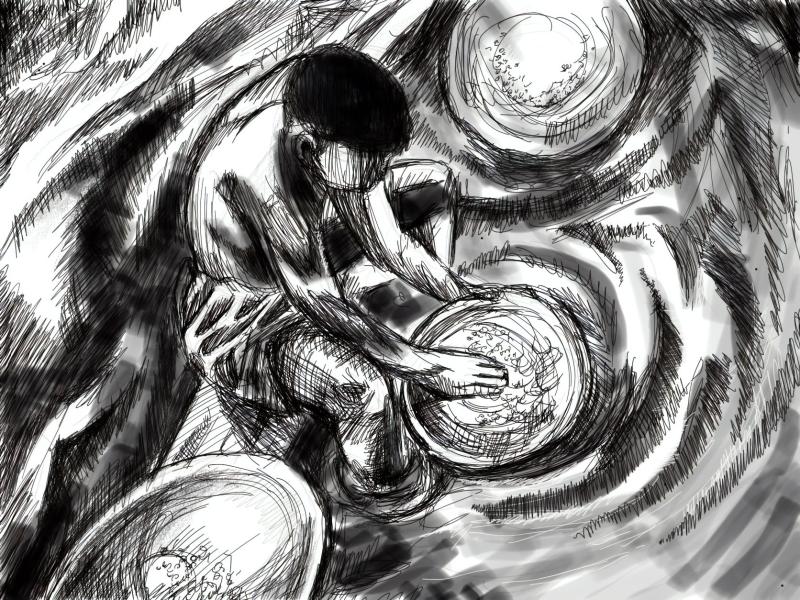
March 19, 2023 | Louis Damani Jones | Today's Readings
“Those who do not see might see, and those who do see might become blind.”
In this week’s Gospel, we find ourselves confronted by a story of transformation and missed opportunity for transformation.
It begins with a man living a life of precarity and vulnerability. Blind from birth in a culture and time where many of today’s assistive technologies for people with visual impairments did not exist, it is quite evident that this person experienced a life of deep, existential marginalization.
The man is almost without a name, simply referred to as “the blind man” and “the one who used to sit and beg.” When the disciples first see him, this person on the margins, their immediate response is to accuse him of being a sinner or relative of sinners.
After being questioned by the Pharisees, even the man’s own parents do not defend him from scrutiny and inquisition by the religious authorities.
Far from being a story about only one “blind man,” however, this Gospel presents us with the story of many blind people. Nearly every individual that interacts or comments on the condition of the man experiencing physical blindness demonstrates a more fundamental spiritual blindness, blind to humanity and infinite worth right before their eyes.
To the disciples, he is an image of the sin of a fallen world.
To his neighbors, he’s a “beggar,” simply another depersonalized receptacle of the charity of the community.
To the Pharisees, he’s a pawn in a religio-political battle — a means to an end in the movement against Jesus.
To his parents, he’s a weight and a problem that could diminish their social status in the eyes of the synagogue.
But to Jesus, he’s the one truly available to be seen, touched, healed, and sent.
From his social location of vulnerability, the man born with blindness was willing to be open to the unexpected and unconventional intervention of Jesus’ actions.
The Pharisees, and even the man’s parents, overly concerned with reinforcing their own positions of authority within their community, were unable, or unwilling, to experience the beauty of God’s merciful hand.
How often do we find ourselves in this very position, unwilling to accept our own vulnerability and dependence upon the Providence of God? How often do we, like so many within the Gospel reading, view the vulnerability of those in need with disdain and distance as we seek to defend our place within the hierarchy of human respect?
Today’s Gospel is an invitation to the logic of God – “those who do not see might see, and those who do see might become blind.”

